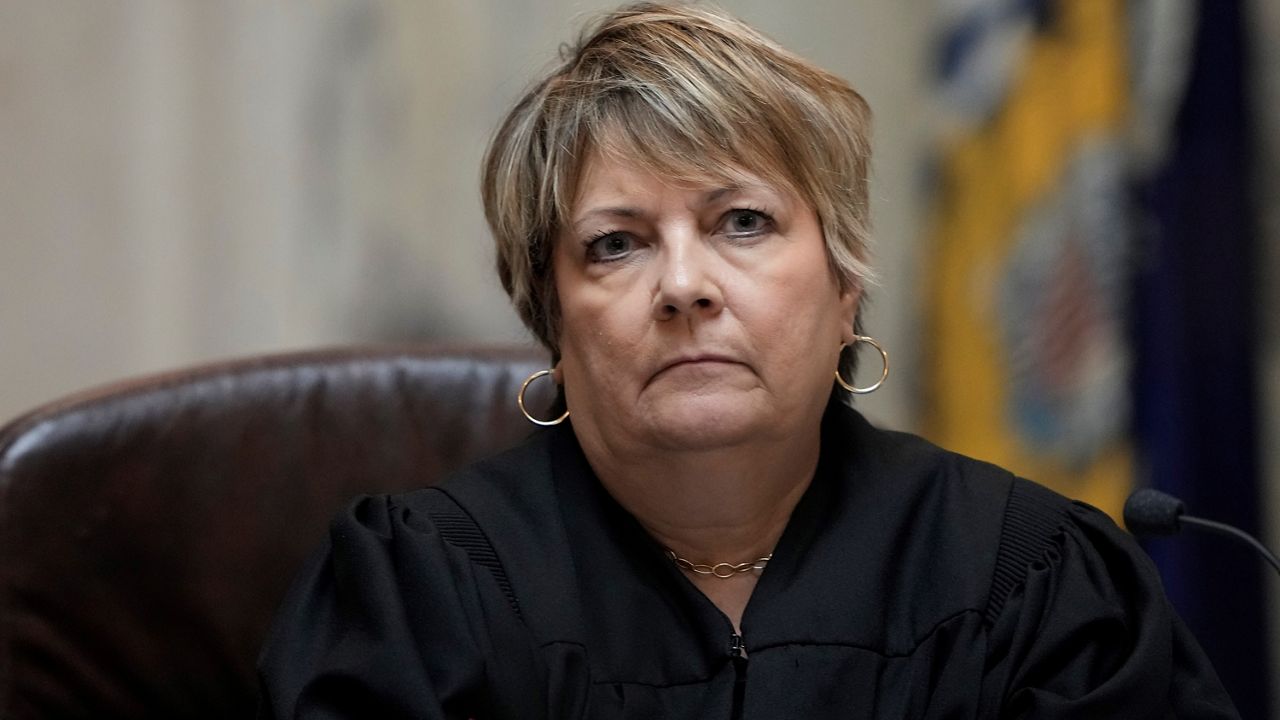MADISON, Wis. (AP) — A liberal Wisconsin Supreme Court justice said Thursday she won't recuse herself from a case dealing with the legality of mobile voting sites in the state.
The Wisconsin Institute for Law and Liberty, a conservative law firm, filed a lawsuit in December 2022 on behalf of Racine County Republican Party Chairman Ken Brown alleging Racine city officials illegally used a voting van to collect absentee ballots around the city that year.
A Racine County judge ruled in January that state law doesn't allow mobile voting sites. Racine City Clerk Tara McMenamin, along with the Democratic National Committee, asked the state Supreme Court in February to review the case without letting any lower appellate courts rule on it first. Justice Janet Protasiewicz's election win in 2023 gave liberals a 4-3 majority on the court, improving McMenamin and the Democrats' chances of winning a reversal.
The court has yet to decide whether to take the case. Brown filed a motion with the court asking Protasiewicz to recuse herself from the matter on March 1. Without Protasiewicz's involvement, the court would likely deadlock 3-3 along ideological lines on whether to take the case, forcing an appeal to go through the lower courts.
But Protasiewicz issued an order Thursday afternoon denying Brown's motion, saying she can act impartially.
No one at the Wisconsin Institute for Law and Liberty immediately returned voicemail and email messages seeking comment.



